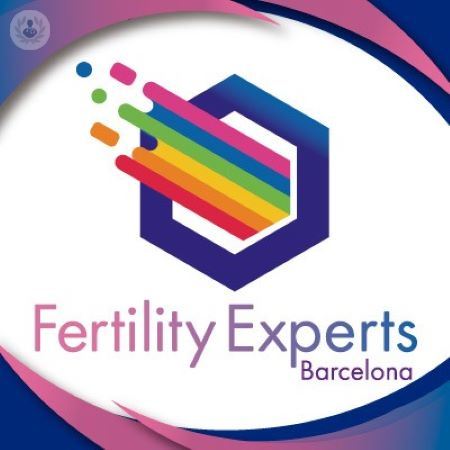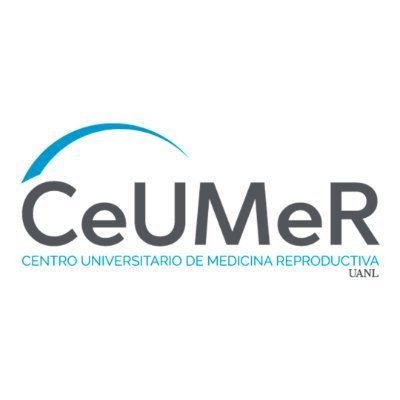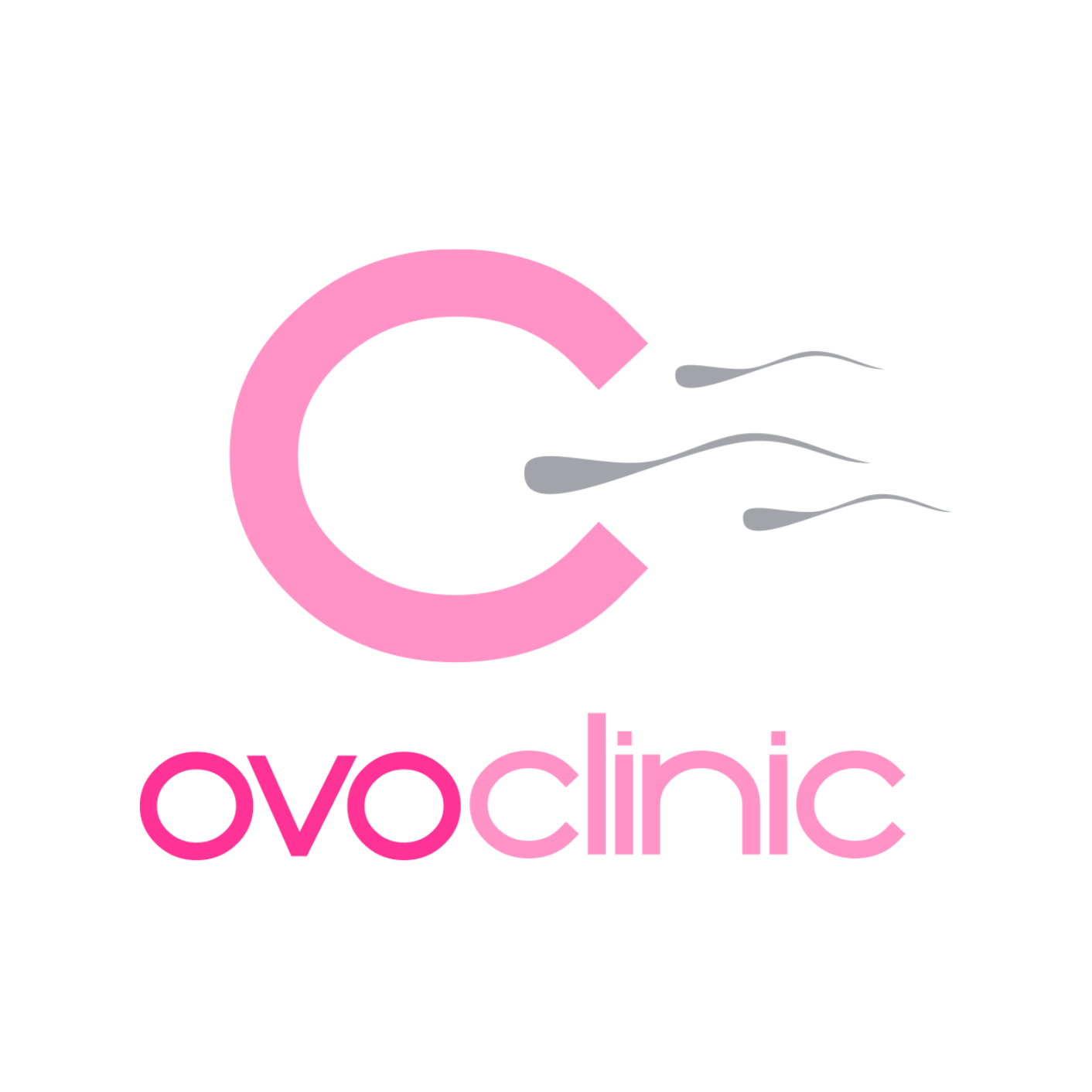Do you want to have a baby?
Fill out the following form.
What sets us apart?

A network of national and international clinics to carry out your treatment.

Over 14 years of experience in Europe.

Holistic and multidisciplinary approach.

Simplified diagnosis and treatment process.

A network of national and international clinics to carry out your treatment.

Over 14 years of experience in Europe.

Holistic and multidisciplinary approach.

Simplified diagnosis and treatment process.
Our Services

In vitro fertilization with preimplantation genetic testing of embryos (PGTA)
It is an assisted reproduction technique that allows for the analysis of embryos before transferring them to the mother's uterus to increase the chances of a successful pregnancy and a healthy baby.

In vitro fertilization.
In vitro fertilization (IVF) is a fertility treatment that involves retrieving eggs from a woman's ovaries, fertilizing them with sperm in a laboratory, and transferring the resulting embryos to the woman's uterus.

Egg donation
Una mujer (donante) cede sus óvulos a otra mujer (receptora) para que esta pueda quedar embarazada mediante técnicas de reproducción asistida como la fecundación in vitro (FIV).

Embryo adoption
Embryo adoption, also known as embryo donation or embryo adoption, is an assisted reproduction technique that involves transferring leftover embryos from a donor couple to the uterus of a recipient woman. The transferred embryos carry the genetic material of the donors, not the recipient.

Intrauterine insemination
Artificial insemination (AI) is an assisted reproduction technique aimed at achieving pregnancy when there are difficulties with natural conception.

Egg freezing.
Egg freezing, also known as oocyte vitrification, is a process that allows women to preserve their fertility.

Consultation
We will evaluate your medical and reproductive history.
We will conduct tests to assess the quality of your eggs and sperm.
We will discuss the available treatment options.
Advantages of working together.
- I have a network of clinics where patients can receive treatment.
- We customize your treatment and offer a specific value proposition based on your needs.
- Connection with clinics and specialists in Europe in case the treatment cannot be performed in Mexico.
- ou will know your chances of success from the first consultation.

Advantages of working together.

I have a network of clinics where patients can receive treatment.
We customize your treatment and offer a specific value proposition based on your needs.
Connection with clinics and specialists in Europe in case the treatment cannot be performed in Mexico.
ou will know your chances of success from the first consultation.
Testimonials
Do you need help?
Frequently Asked Questions.
We are here to answer all your questions.
Do you know what the probability of pregnancy is through natural/spontaneous means?
The probability of natural pregnancy varies based on several factors, such as the woman's age, the overall health of the couple, and the frequency of sexual intercourse.
Generally, young and healthy couples have about a 25% chance of getting pregnant each menstrual cycle.
- Age: Women's fertility declines with age, particularly after 35 years old. By age 40, the probability of pregnancy per cycle is around 5%.
- Health: Certain health issues, such as fallopian tube diseases, endometriosis, and uterine fibroids, can reduce fertility.
- Frequency of sexual intercourse: Having regular sexual relations, especially around the time of ovulation, increases the chances of pregnancy.
Why is it important to check the genetics of embryos?
Genetic screening of embryos, also known as preimplantation genetic testing (PGT), is a procedure performed in the field of assisted reproduction to analyze the genetic composition of embryos before transferring them to the mother's uterus.
This technique offers several benefits, including:
- Increased chances of pregnancy: By selecting genetically healthy embryos, the likelihood of a successful pregnancy is increased, and the number of miscarriages is reduced.
- Prevention of genetic diseases: PGT allows for the detection and exclusion of embryos carrying hereditary genetic diseases, such as Down syndrome, cystic fibrosis, or hemophilia, among others.
- Improvement of maternal health: By reducing the number of failed pregnancies and miscarriages, the risks associated with these events for the woman's health are decreased.
- Reduction of emotional stress: For couples with a history of genetic diseases or infertility, PGT can provide relief from emotional stress and greater peace of mind during the assisted reproduction process.
- Sex selection of the baby: In some countries, PGT can be used to select the sex of the baby for medical reasons, such as to avoid sex-linked diseases. However, this practice is controversial and subject to ethical and legal regulations.
It is important to note that PGT is not without controversy. Some people view it as an unethical practice, as it involves the selection and disposal of human embryos.
However, for others, PGT represents a valuable tool for preventing genetic diseases and improving the chances of having a healthy pregnancy.
The decision to undergo PGT is personal and should be made after careful consideration of the medical, ethical, and psychological aspects involved.
How does polycystic ovary syndrome (PCOS) affect fertility?
Polycystic ovary syndrome (PCOS) is a common condition that affects women of reproductive age. It is characterized by the presence of cysts in the ovaries and hormonal imbalances.
PCOS can affect fertility in several ways:
- Ovulation disruption: Women with PCOS may have irregular or absent ovulation, making conception more difficult.
- Egg quality issues: The hormonal imbalances associated with PCOS can affect egg quality, making fertilization more challenging.
- Insulin resistance: Women with PCOS have a higher risk of developing insulin resistance, which can increase the risk of type 2 diabetes and make weight loss more challenging. Excess weight can further impact fertility.
However, it is important to note that not all women with PCOS experience fertility issues. In fact, many women with PCOS can conceive without treatment.
If you have PCOS and are concerned about your fertility, talk to your doctor. They can help determine if PCOS is affecting your fertility and recommend treatment options.
Working with the best.







Working with the best.







